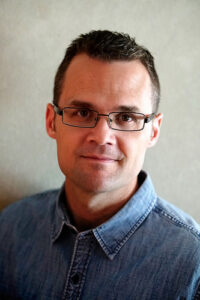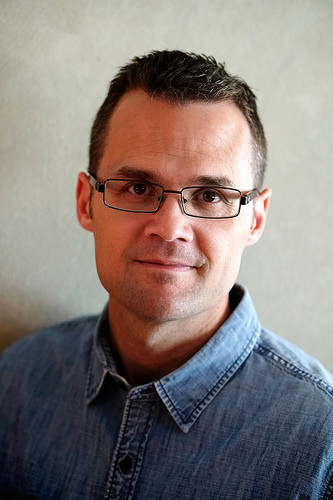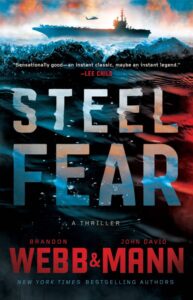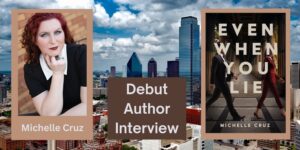 Thrilled to introduce all of you to ITW Debut Author, David Eric Tomlinson.
Thrilled to introduce all of you to ITW Debut Author, David Eric Tomlinson.
But it wasn’t working … it was too dark, too ugly. What I wound up doing instead was taking the social and political forces of that time and place – flyover country, at the turn of the century – and personifying them. As history converges on tragedy, these five characters overcome their racial, social, and political differences to form a kind of family unit. It’s a much more hopeful story, in the end. You realize that, because the characters have spent the whole book coming together, they will be okay, in the end. At the level of the personal, tragedy doesn’t have to be inevitable.
You were born and raised in Oklahoma, but went to college in San Diego. What brought you all the way to the west coast for your education? What was that change like?
I was a teenager and wanted to see more of the world. The transition wasn’t that difficult, though I did have to work at losing my Okie accent (it was a constant source of amusement to roommates, friends, etc).
I’m glad I left for California. I met my wife there, during the first week of school, and today we have two beautiful teenage daughters. Now that I’m older, though, and living in the sprawl of Dallas, I find myself missing the quiet, laid-back pace of small town Oklahoma. (Part of why I asked David this question is I went from San Diego to Seattle to Athens, Georgia for graduate school, so I was curious about his “reverse” situation. I will say, I was often told I spoke way too fast for Georgia!)
How has parenthood impacted your writing? You included a young boy in the novel, is it easier or harder to write about children in difficult situations having children of your own?
Parenthood has dramatically impacted both what I write, and how I write it. One of the characters in this book is an empty nester, a woman in her 60s whose children have all moved on – to careers and children of their own. I couldn’t have written that character without experiencing parenting first-hand.
As a Kenpo Karate instructor, you understand discipline. Are you also disciplined as a writer? Is that a natural state for you? or do you find that area of your life brings out a messy side?
I go through phases. I do try to write and read every day, but some days are more productive than others. Most of my better ideas come to me when I’m out walking – around the neighborhood, to and from the gym, on long walks around the lake, etc. There is something about the act of moving through physical space and time that summons the muse.
I tend to get less disciplined in other areas of life when I’m close to completing something. The last third or so of a book, life becomes an obsessive sprint to finish the story. It’s not very healthy, and not something I can sustain for long. It’s the situation I’m in right now … just a few weeks away from completing another novel. (Congratulations! So excited for you to be finishing up your next book)
You also write short stories, how does that process differ from writing a novel?
I’ve decided that I’m not very good at writing short stories. When I first became serious about writing, I would work on them to practice my craft. But there is a kind of Jedi mind trick to great short story – a sudden reversal or focus or shift – that I haven’t yet mastered.
For me, writing a novel is about focus, belief, and balance. You need balance in your physical and emotional world to sustain that focus for year after year. And I’ve learned to believe in the decisions I made weeks or months ago. The process has to be its own reward, because it’s entirely possible that the final product might not ever see the light of day. So now I write, not for some imagined market or audience, but from the heart.
What are you working on now?
Right now I’m almost done with the first draft of a novel about an Army veteran who runs a suicide hotline for other veterans. (Sadly, very timely.)
Final Words of Wisdom:
Read every day. Write every day. Find a mentor or editor who can be tough on you, and inspire you to try harder. Do those three things, and you’ll be creating work that you’re proud of, and that others will want to read. (Great final words, thanks for spending time with me and my readers!)





